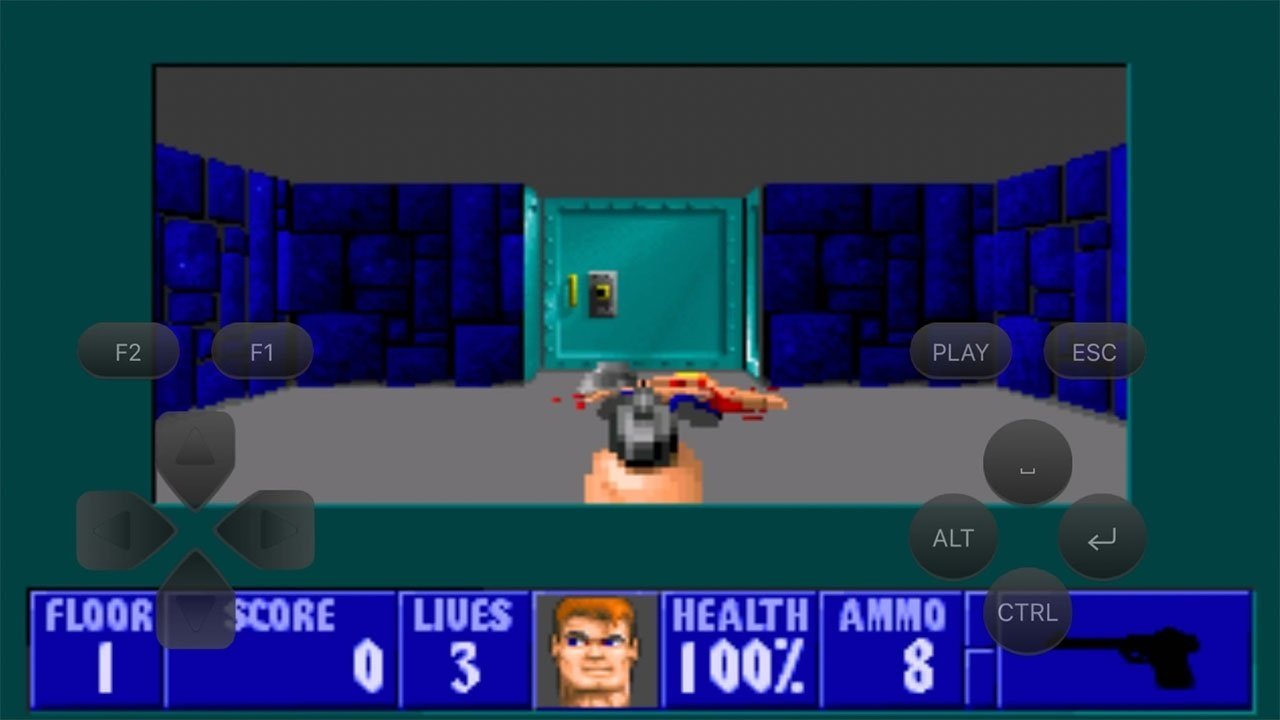Apple on Monday removed popular DOS emulator "iDOS 2" from the iOS App Store, citing guidelines against installing or running executable code that changes an app's features or functionality.

Developer Chaoji Li first warned customers of iDOS 2's imminent demise in late July, saying Apple would pull the title because it fails to observe App Store Review guideline 2.5.2.
Apple's rule states, "Apps should be self-contained in their bundles, and may not read or write data outside the designated container area, nor may they download, install, or execute code which introduces or changes features or functionality of the app, including other apps."
Li confirmed the removal of his app in a tweet on Monday.
A popular emulator, iDOS 2 simulated the DOS system on iOS to enable access to classic games and allow users to code, interact with applications and even run Windows 3.1. Updates to the app enabled PC keyboard, gamepad, and mouse connectivity via Bluetooth.
An update in September brought iTunes File Sharing compatibility, allowing users to import files and run custom games or programs. It was this utility that caught Apple's ire.
"Specifically, your app executes iDOS package and image files and allows iTunes File Sharing and Files support for importing games. Executing code can introduce or changes features or functionality of the app and allows for downloading of content without licensing," Apple said in a letter to Li.
In an ensuing blog post, Li said he would not remove the integration as it would be a "betrayal" to customers who purchased the app for that capability.
For his part, Li claims he was open about the app's functionality in each App Store submission, going so far as to include a note pointing out the use of Document Browser mode and the inclusion of iTunes File Sharing. Apple's reviewers let the app slide for more than a dozen updates before dropping the axe last month.
An initial version of iDOS was published to the App Store in 2010 before being yanked by Apple. Li's second attempt, iDOS 2, was available since 2014.
